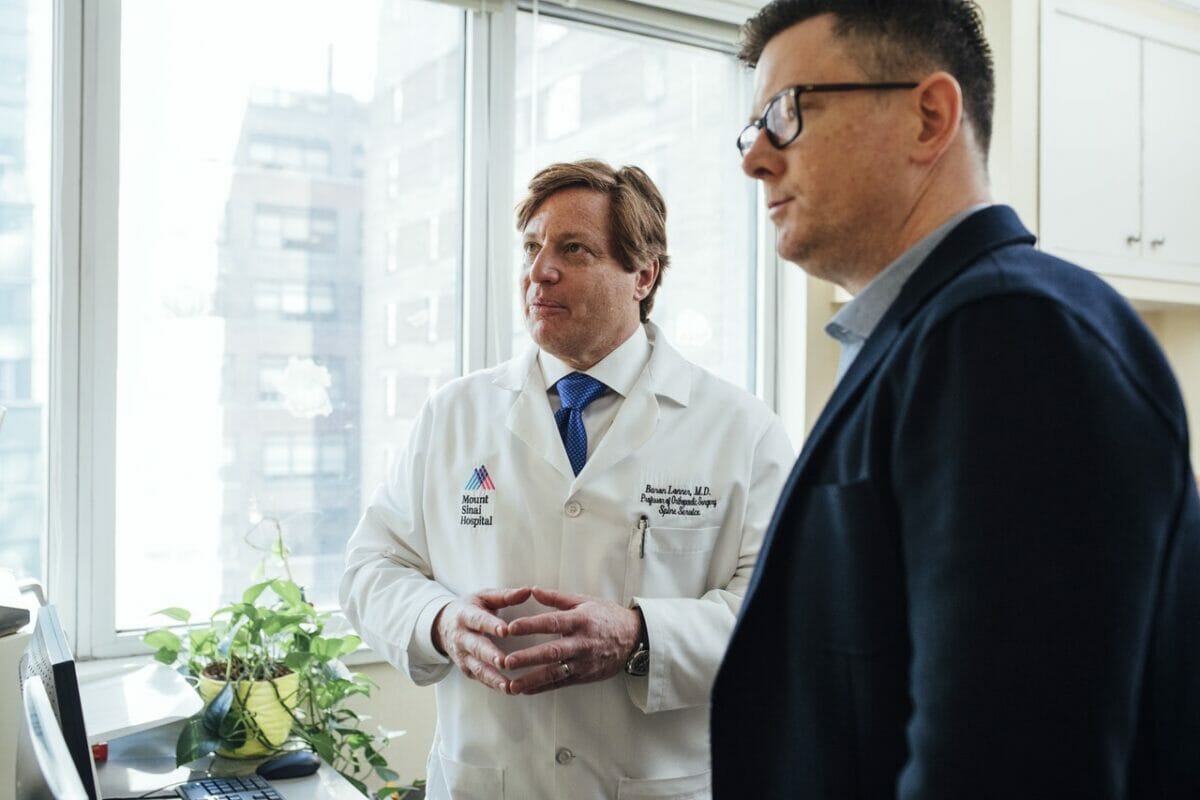Embrace technology
One of the best things that you can do as a healthcare professional is to embrace technology. According to clinicians at Zynx Health, there are so many amazing tools and resources available that can help you provide better care for your patients. One useful technological innovation healthcare professionals can use are electronic, evidence-based clinical decision support solutions. These will help streamline healthcare procedures and clinical operations. By using technology, you can make sure that you have all of the information that you need at your fingertips, communicate with other professionals more easily, and even keep track of your patients’ health records.
Of course, it is important to remember that technology is not a substitute for good old-fashioned human interaction. Sometimes, the best thing that you can do for a patient is just sit down and talk to them. But in general, embracing technology is a great way to improve patient care.
Educate yourself on new advancements
In the world of healthcare, things are always changing. New treatments and technologies are being developed all the time, and it is important to stay up-to-date on all of the latest advancements. One of the best ways to do this is to attend conferences and seminars on healthcare topics that interest you. Many times, these events will offer continuing education credits, which can be helpful in maintaining your professional license.
Additionally, there are tons of great resources available online. There are websites, podcasts, and even social media groups devoted to discussing new developments in healthcare. By taking some time to educate yourself on new advancements, you can make sure that you are providing the best possible care for your patients.
Be an advocate for your patients
As a healthcare professional, you have a unique perspective on the healthcare system. You see firsthand how the system works (or doesn’t work) on a daily basis. Because of this, it is important to be an advocate for your patients. If you see something that isn’t working, speak up. If there is a new treatment or technology that you think could benefit your patients, let them know about it. Your patients rely on you to be their champion and to help them navigate the often-complex world of healthcare.
Always put the patient first
No matter what the situation is, the patient always comes first. This means putting their needs ahead of your own and making sure that they receive the best possible care. It can be easy to forget when you’re bogged down with paperwork or dealing with a difficult case. It helps to put reminders and notes in your desk or work area that it’s your job to ensure that they receive the best possible care and treatment. If you have to make a tough decision, always think about what’s best for the patient. They are relying on you to make the right choices.
Document everything thoroughly
Make sure to document everything thoroughly. This includes documenting the time you see each patient, what symptoms they are experiencing, and what treatment you provide. It also includes both charting and keeping accurate records of all conversations and interactions with patients. This will help create a clear picture for your supervisor or anyone else who may need to review your case notes. In addition, will help protect both you and the patient in case of any legal issues or disputes.
It is also important to document any changes in a patient’s condition, even if they seem minor. By keeping detailed records, you can ensure that you are providing the best possible care for your patients.
If you have any questions about documentation or other aspects of healthcare, be sure to ask your supervisor or another trusted resource. The more knowledge you have, the better equipped you will be to provide quality care for your patients.
Interact with patients and their families professionally
Patients and their families are going through a tough time, so it’s important to be professional when interacting with them. This doesn’t mean you can’t be friendly, but you should avoid getting too personal. Always be professional when interacting with patients and their families. This includes maintaining a respectful and courteous demeanor at all times. Patients and their families will appreciate your professionalism and it will help create a trusting relationship.
Some helpful tips for interacting professionally with patients and their families include:
- Introduce yourself and explain your role in their care
- Make eye contact and use open body language
- Listen attentively and without judgment
- Speak clearly and avoid using medical jargon
- Be respectful of patients’ privacy and confidentiality rights
By following these tips, you’ll be able to create positive relationships with patients and their families. These relationships are important for providing quality care and ensuring positive outcomes.
If you follow these tips, you will be well on your way to providing excellent care for your patients. Healthcare is a demanding field, but it can be very rewarding as well. So if you are up for the challenge, then go out there and make a difference in the lives of those that need your help!
